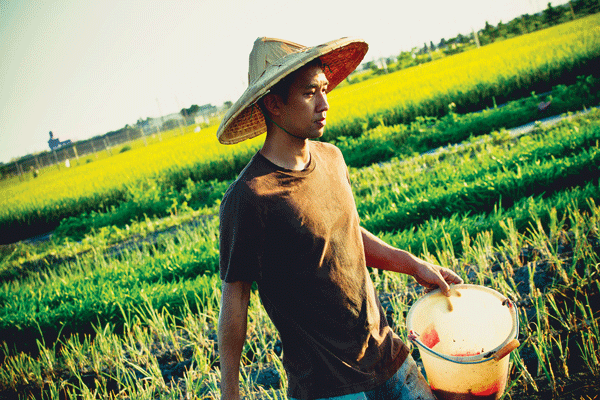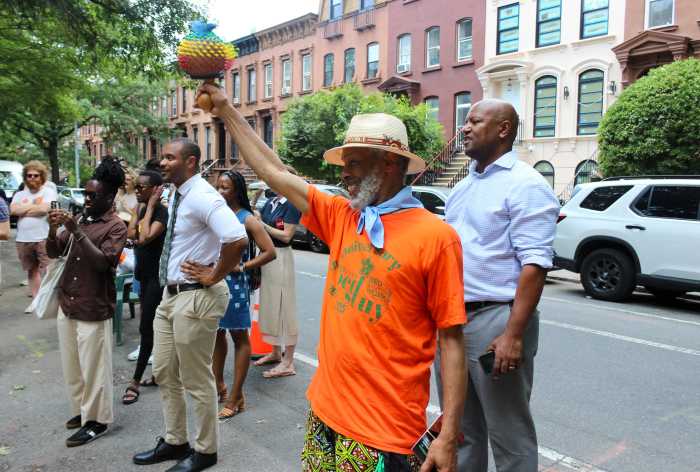
BY SEAN EGAN | This drama highlights the problems facing farmers in Taiwan by telling a particularly interesting true-life story. The film follows Yang Rumen (Ru for short), as he observes the downfall of the Taiwanese farming industry in his community, at the hands of a disinterested, uncaring government. His righteous anger builds as he spends time with a politically radical young woman and experiences multiple personal blows due to the general mistreatment of farmers and the poor. Becoming a reluctant revolutionary, Ru sets off 17 explosives made from local crops, in order to draw governmental and media attention to the farmers’ plight — and gains the titular nickname in the process.
FILM | THE RICE BOMBER
At The Asian American
International Film Festival
Written by: Cho Li, Zin Do-Lan, Hung Hung
Directed by Cho Li
2014
Runtime: 117 minutes
Mandarin, Taiwanese with English subtitles
Sat., July 26, at 7:30 p.m. at City Cinemas Village East (Second Ave. & 12th St.)
Sun., July 27, at 2 p.m. at Made in NY Media Center (30 John St., Brooklyn)
Following the screenings, a Q&A with the director
Tickets: $13
$11 for students/seniors/disabled
Visit aaiff.org/2014/schedule
A story as unique as Ru’s should make for thrilling cinema with an activist bent. But the screenplay’s melodramatic elements and heavy-handed political message prevent this from happening. The characters often speak as if they’re reciting talking points from a simplistic political manifesto rather than having conversations, making it difficult to become emotionally invested in the film. Ru’s internal struggle is visualized, “Parent Trap”-style, via an on-screen “evil twin” of sorts that challenges his ideals — subtle, this is not. Making matters worse, the piano-driven score overbears, with its melancholy plunking being mildly distracting at best, and comically invasive at worst.
‘Rice Bomber’ redeemed by its potent political message
But the film isn’t without merit. The exceptional cinematography, by Cho Yongkyu, uses vivid colors, shadows and light to bring the Taiwanese countryside to life. Director Cho Li consistently finds interesting ways to fill the frame, and composes some striking shots. She also uses well-chosen news clips to contextualize the story, showing its significance to society at large. So while the movie does get its important message across effectively, it plays out more like an aesthetically pleasing history lesson or op-ed piece — rather than the exciting, flesh and blood drama promised by the source material.

































